Raynic Emergency Radio, 5000mAh/18500mWh Weather Radio, Solar Hand Crank Radio with AM/FM/SW/NOAA Alert, Cell Phone Charger, Headphone Jack, Flashlight and SOS Siren
$39.99 (as of February 22, 2026 00:57 GMT +00:00 - More infoProduct prices and availability are accurate as of the date/time indicated and are subject to change. Any price and availability information displayed on [relevant Amazon Site(s), as applicable] at the time of purchase will apply to the purchase of this product.)Facebook stands as one of the most powerful social media platforms globally, with billions of active users engaging daily. This platform presents an incredible opportunity for businesses seeking to expand their reach and drive sales. The shopify facebook integration process enables seamless connection between your online store and the world’s largest social network.
In this comprehensive guide, we’ll explore how to implement facebook shopify integration effectively. You’ll discover the benefits, setup process, and advanced strategies including custom audiences, conversion tracking, and marketplace integration. Whether you’re setting up basic product listings or implementing sophisticated shopify facebook pixel integration, this guide covers everything you need to succeed.
Understanding shopify facebook integration is crucial for modern e-commerce success. By connecting these two platforms, you can triple your sales through Facebook’s highly interactive ecosystem. The best part? The integration is completely free, with no charges for connecting and operating a Facebook shop synced with your Shopify store.
Summary
Here’s what you’ll discover in this guide:
- Seamless Integration Process: Step-by-step instructions for connecting your Shopify store to Facebook using the native sales channel, eliminating the need for complex third-party applications.
- Multiple Integration Methods: Learn about shopify facebook conversions integration, shopify facebook custom audiences integration, and facebook lead ads shopify integration to maximize your marketing effectiveness.
- Advanced Marketing Features: Discover how shopify facebook offline conversions integration and shopify facebook pages integration can enhance your advertising ROI and customer targeting capabilities.
- Marketplace Opportunities: Understand the benefits of shopify facebook marketplace integration for reaching local and global customers through Facebook’s shopping features.
- Revenue Growth Strategies: Explore proven techniques that leverage facebook shopify integration to increase reach, improve customer experience, and boost sales conversions.
- Pixel Tracking Implementation: Master shopify facebook pixel integration for accurate conversion tracking, retargeting campaigns, and audience optimization.
What is Shopify Facebook Integration?
Shopify Facebook integration is a native connection that allows merchants to sync their online store products directly to Facebook and Instagram. This integration enables businesses to create shoppable posts, run targeted ads, manage inventory, and process orders without leaving the Facebook ecosystem. Setup takes minutes through Shopify’s sales channel feature, and it’s completely free to implement.
Read Also Zoho Shopify integration
Does Shopify Integrate with Facebook?
Yes, facebook shopify integration works seamlessly through Shopify’s built-in sales channel feature. This native connection eliminates the need for complicated workarounds or expensive third-party solutions.
The platform allows you to establish a comprehensive shopify facebook pages integration that synchronizes your product catalog, manages inventory, and processes orders directly through your Facebook Business Page. Additionally, merchants can leverage custom Shopify development services to enhance their integration with personalized features tailored to their business needs.
The shopify facebook integration encompasses multiple connection types including custom audiences, conversion tracking, marketplace listings, and pixel implementation. Each integration method serves specific marketing and sales objectives that we’ll explore throughout this guide.
Read Also Printful Shopify Integration
Step-by-Step Guide to Facebook Shopify Integration
Implementing facebook shopify integration requires a systematic approach to ensure all features work correctly. Follow this comprehensive guide to connect your platforms successfully.
Step 1: Create Your Accounts
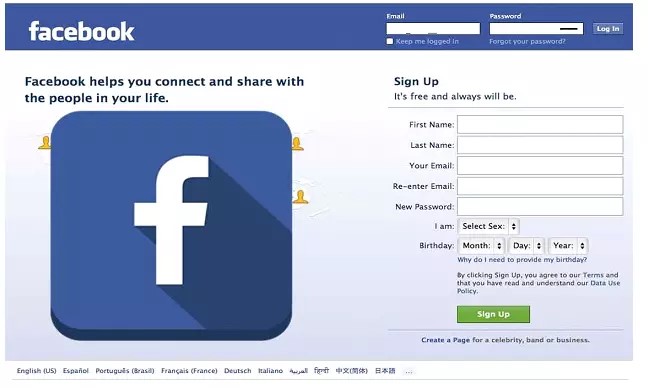
Before starting the shopify facebook integration process, ensure you have active accounts on both platforms.
First, create a Facebook Business Account through the official Facebook Business website. This differs from a personal Facebook account and provides access to business tools like Ads Manager and Commerce Manager.
Next, establish your Shopify account if you haven’t already. Choose a plan that aligns with your business size and growth objectives. Both platforms offer straightforward registration processes that take just minutes to complete.
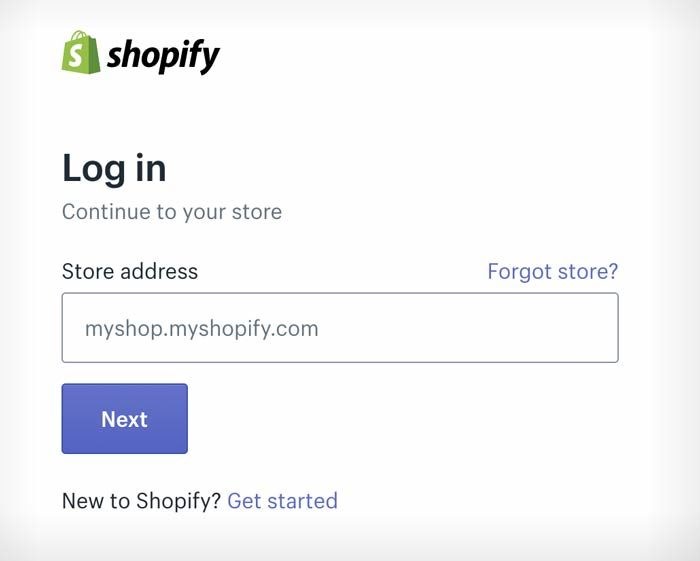
Step 2: Set Up Your Facebook Business Page
Your facebook shopify integration requires a dedicated Facebook Business Page. Navigate to your Facebook account, click the Menu icon, then select the “+” sign to create a new Page.
Read Also Lightspeed Shopify Integration
Choose the appropriate business category and fill in all required information including business name, category, description, and contact details. Complete your page setup by adding a profile picture, cover photo, and detailed “About” section. This foundation is essential for successful shopify facebook pages integration.

Step 3: Configure Your Page Settings
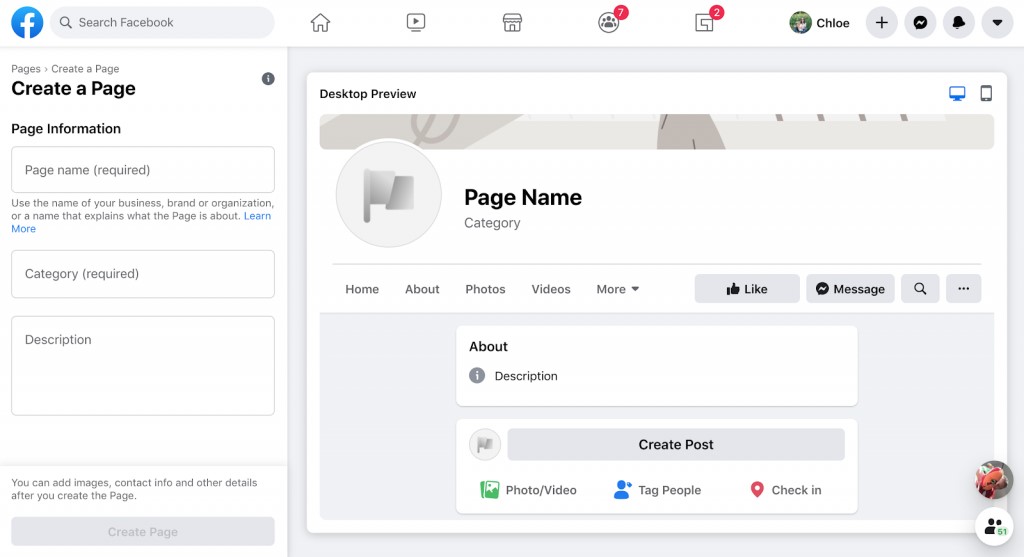
Finalize your Facebook Business Page by configuring all settings and adding relevant business information. This includes operating hours, location (if applicable), and website URL. Ensure your page complies with Facebook’s commerce policies before proceeding with shopify facebook marketplace integration.
Now that your foundation is established, you’re ready to connect your Shopify store and begin leveraging powerful integration features.
Step 4: Add the Facebook Sales Channel
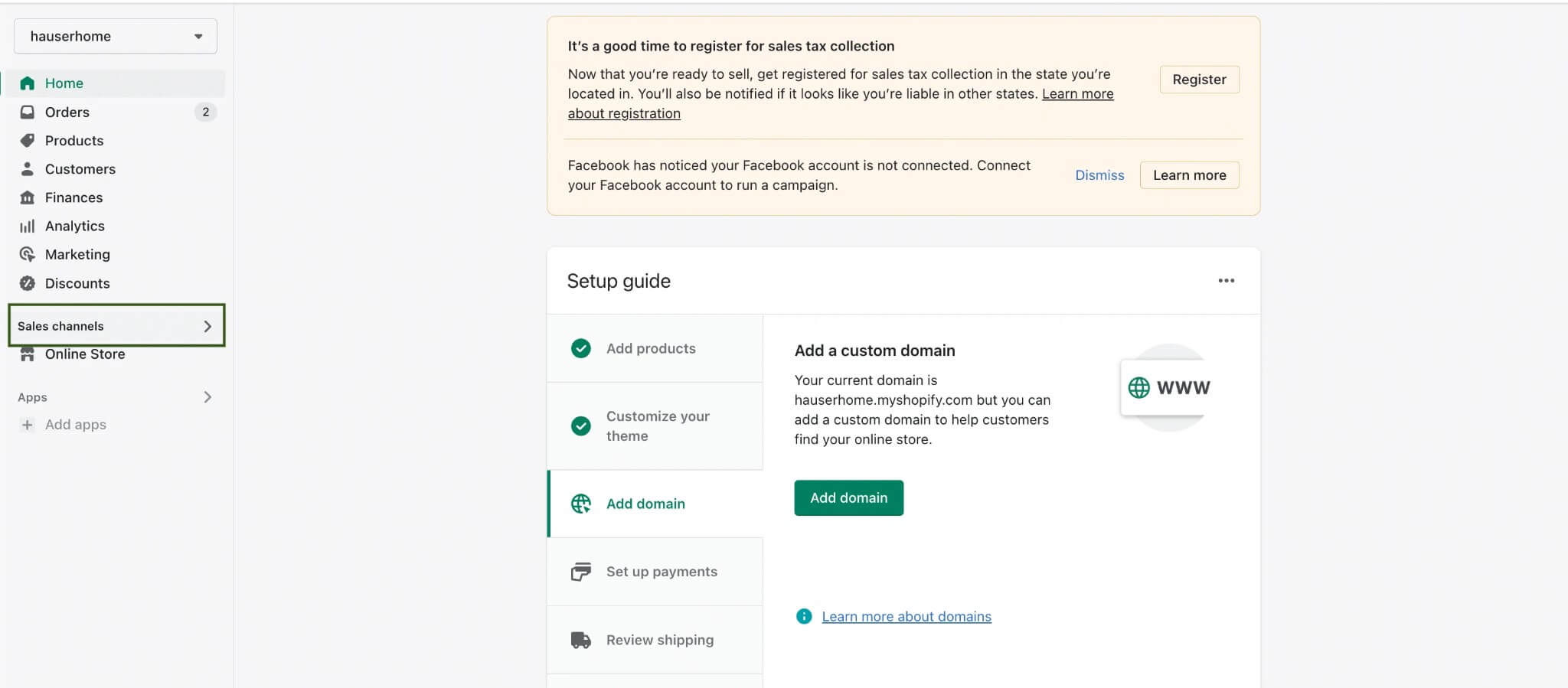
Log in to your Shopify admin dashboard. Navigate to the Sales Channels section in your left sidebar menu. Click the “Add sales channel” button to view available integrations.
This is where your shopify facebook integration truly begins. The sales channel feature provides the core connection between your store and Facebook’s commerce ecosystem.
Step 5: Connect Your Facebook Account
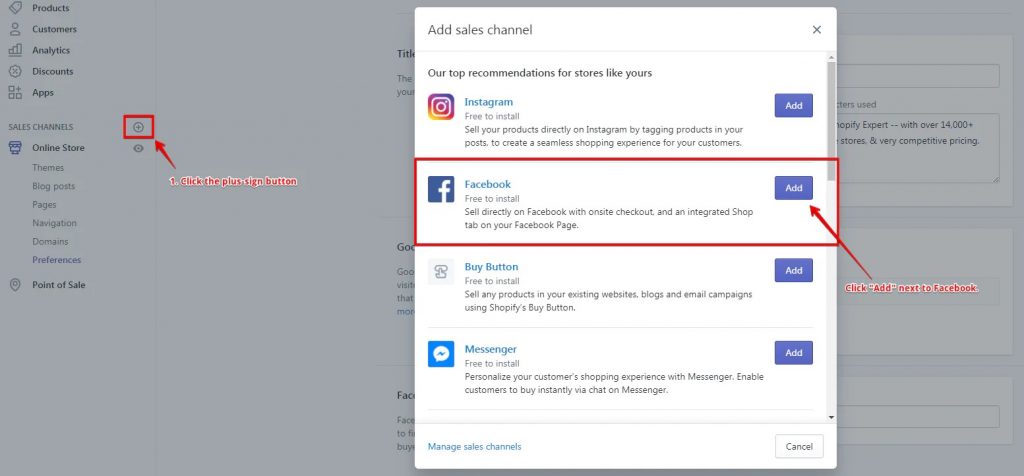
From the list of available sales channels, select “Facebook Shop” and click “Add channel.” The system will prompt you to log in to your Facebook account and authorize the connection.
During this facebook shopify integration step, Facebook will request permissions to access your Shopify store data. Grant the necessary permissions to enable product synchronization, order management, and customer data sharing. This authorization also enables shopify facebook pixel integration and shopify facebook conversions integration features.
Read Also Flodesk Shopify Integration
Step 6: Configure Your Facebook Shop
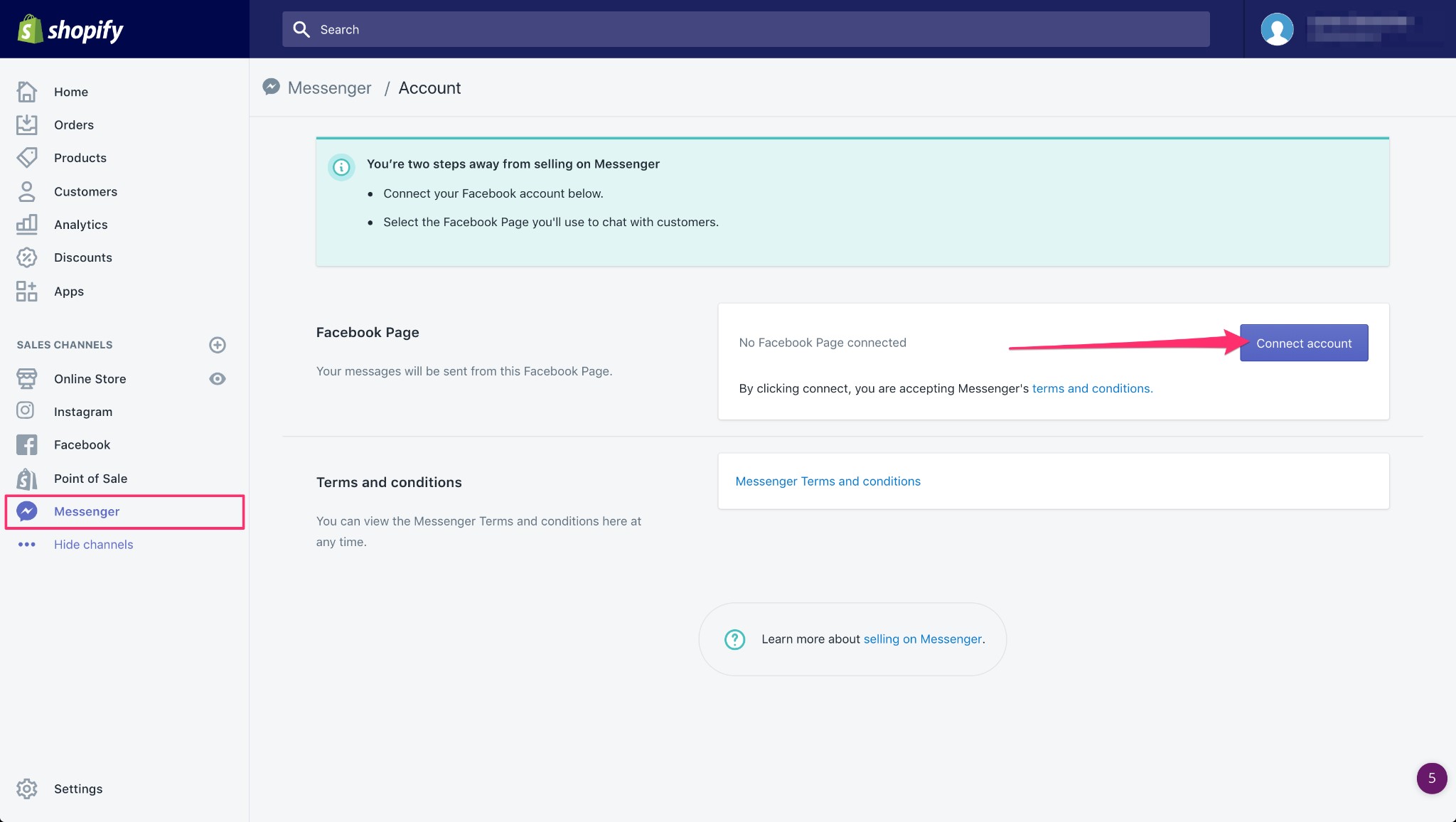
Once connected, configure your Facebook Shop settings within Shopify. Select which products you want to display on Facebook, choosing from your entire catalog or specific collections.
Set up your payment and shipping options for Facebook orders. You can use the same settings as your Shopify store or create Facebook-specific configurations. This flexibility allows you to optimize your shopify facebook marketplace integration for different customer segments.
Consider implementing advanced Shopify integration strategies to maximize your store’s capabilities across multiple channels.
Step 7: Implement Facebook Pixel for Tracking
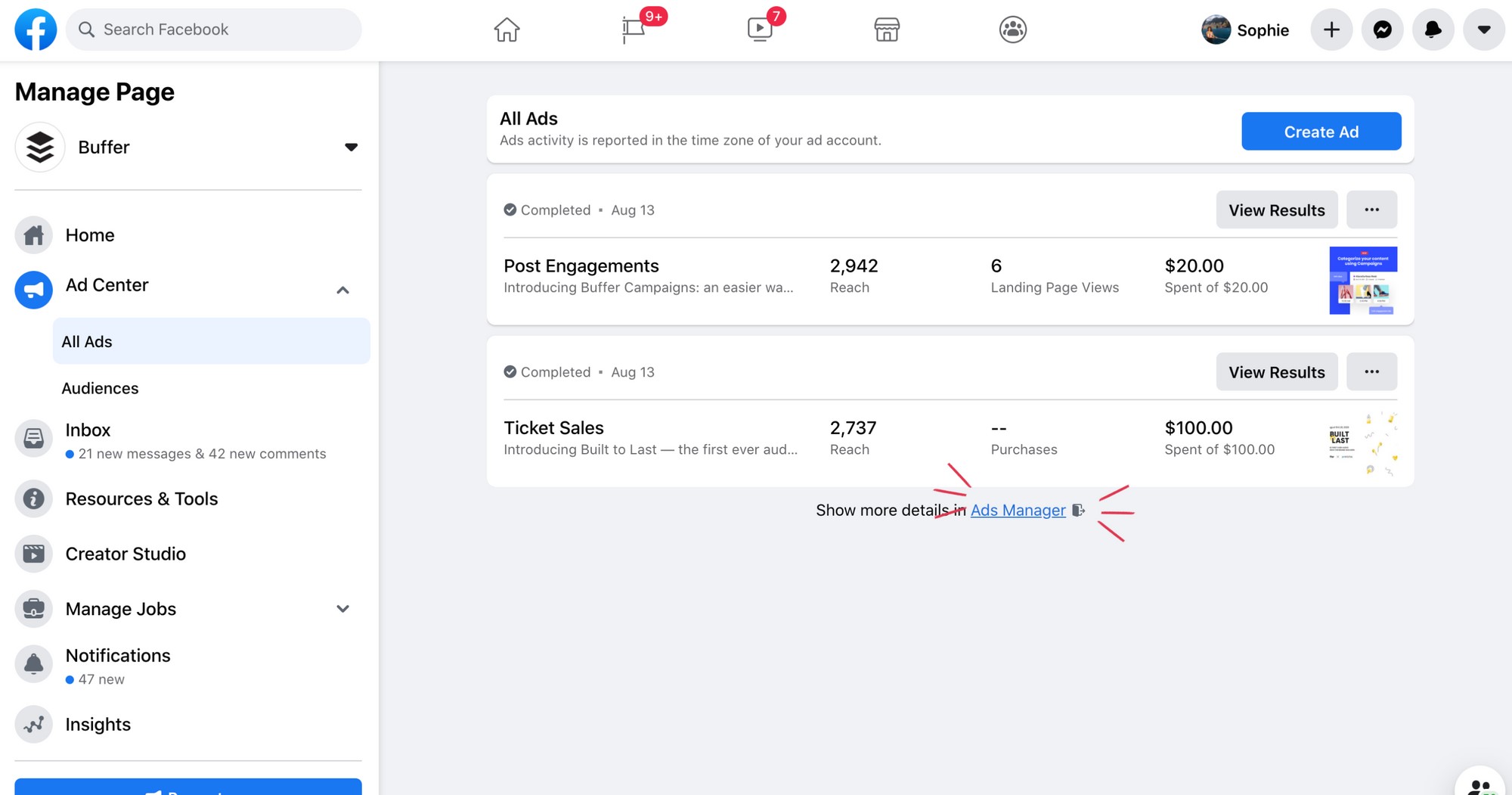
The shopify facebook pixel integration is crucial for tracking conversions and optimizing ad campaigns. Navigate to your Facebook Events Manager, create a new pixel, and copy the pixel ID.
In your Shopify admin, go to Online Store > Preferences, then paste your Facebook Pixel ID in the Facebook Pixel section. This enables comprehensive tracking including shopify facebook conversions integration and shopify facebook offline conversions integration capabilities.
Read Also How does ClickFunnels Integrate with Shopify
Step 8: Set Up Custom Audiences
Leverage shopify facebook custom audiences integration to create powerful retargeting campaigns. Within Facebook Ads Manager, navigate to Audiences and create custom audiences based on website visitors, customer lists, or engagement data.
Connect your Shopify customer database to Facebook to create lookalike audiences that mirror your best customers. This advanced facebook shopify integration feature dramatically improves advertising ROI.
Step 9: Promote Your Integrated Shop
After completing your shopify facebook integration, actively promote your Facebook shop to followers and potential customers. Share engaging content, create shoppable posts, and run targeted advertising campaigns.
Utilize Facebook’s various ad formats including carousel ads, collection ads, and dynamic product ads. These formats work seamlessly with your integrated product catalog, automatically displaying relevant products to interested users.
Additional Integration Options
The Shopify App Store offers numerous applications specifically designed to enhance facebook shopify integration. These apps automate product synchronization, provide advanced analytics, and offer additional features like live chat support and abandoned cart recovery.
Consider exploring comprehensive Shopify integration solutions that incorporate AI-powered customer service and automated marketing workflows.
If you encounter challenges during the shopify facebook integration process, consider partnering with experienced integration specialists who understand both platforms intimately.
Top 7 Benefits of Shopify Facebook Integration
Understanding the advantages of facebook shopify integration helps you maximize your investment and leverage both platforms effectively.
1. Dramatically Increase Your Reach
One of the most compelling benefits of shopify facebook integration is accessing Facebook’s massive user base. By setting up a shop on your Facebook Business Page, you showcase products to followers and potential customers who might never discover your standalone website.
This expanded reach proves especially valuable for small or niche businesses. The shopify facebook marketplace integration helps you connect with people genuinely interested in your products, even if they’re not actively searching for them. You’re meeting customers where they already spend their time.
2. Seamless Setup Process
Another significant advantage of facebook shopify integration is the straightforward setup process. Connecting your store to Facebook requires just a few clicks, with clear instructions guiding you through each step.
This accessibility makes integration feasible for merchants with limited technical knowledge. The native connection eliminates the need for complex coding or expensive developer resources. You can complete the entire shopify facebook pages integration in less than 30 minutes.
3. Enhanced Customer Experience
After implementing shopify facebook integration, you’ll notice improved customer satisfaction. Shoppers can browse and purchase products directly within Facebook, creating a frictionless shopping experience without platform switching.
This convenience particularly appeals to customers who are already active on Facebook and prefer shopping within familiar interfaces. The seamless experience reduces cart abandonment and increases conversion rates. For additional customer experience enhancements, explore Shopify ERP integration solutions that streamline your backend operations.
4. Advanced Conversion Tracking
The shopify facebook conversions integration and shopify facebook pixel integration provide sophisticated tracking capabilities. Monitor customer behavior, track purchase patterns, and measure advertising effectiveness with precision.
Understanding which products generate the most interest and which marketing messages drive conversions allows you to optimize your strategy continuously. The shopify facebook offline conversions integration even tracks purchases that begin online but complete in physical stores.
5. Powerful Custom Audience Capabilities
Leveraging shopify facebook custom audiences integration enables highly targeted advertising campaigns. Create audience segments based on purchase history, browsing behavior, engagement levels, and demographic data.
These custom audiences allow you to deliver personalized messages to specific customer groups, dramatically improving advertising efficiency. You can create lookalike audiences that mirror your best customers, expanding your reach while maintaining relevance.
6. Increased Sales and Revenue
The primary goal of any facebook shopify integration is driving sales growth. By making products easily discoverable and purchasable, you remove friction from the customer journey.
Customers who might hesitate to visit a standalone website or forget to complete purchases often convert when shopping directly on Facebook. The social proof from friends’ likes and shares further encourages purchases, creating a powerful sales multiplier effect.
7. Comprehensive Customization Options
The Shopify App Store offers numerous applications that extend your shopify facebook integration capabilities. These apps automate product synchronization, enhance social media marketing, and provide features like live chat support and abandoned cart recovery.
You can also integrate customer relationship management systems to create a comprehensive marketing and sales ecosystem.
How to Use Shopify Facebook Integration Effectively
Implementing facebook shopify integration is just the beginning. Understanding strategic applications helps you maximize return on investment.
E-Commerce Business Applications
For traditional e-commerce businesses, shopify facebook integration serves as a powerful marketing and sales channel. Setting up a Facebook shop showcases products to followers and potential customers beyond your website’s reach.
This approach helps increase brand awareness, drive qualified traffic, and generate sales through social commerce. The shopify facebook marketplace integration particularly benefits businesses with visual products that perform well in social media environments.
Brick-and-Mortar Store Synergy
If you operate both physical and online stores, facebook shopify integration can drive foot traffic to your locations. Use your Facebook shop to promote in-store sales, special events, and exclusive offers.
The shopify facebook pages integration helps you build a local community around your brand. Encourage customers to visit your physical location to experience products firsthand, creating an omnichannel shopping experience.
Service-Based Business Opportunities
Even service-based businesses benefit from shopify facebook integration. If you offer coaching, consulting, design services, or similar offerings, you can sell gift cards, vouchers, or service packages through your Facebook shop.
This approach simplifies the purchasing process and helps you reach broader audiences. The social proof from customer testimonials and reviews strengthens credibility and encourages new bookings.
Event Planning and Ticket Sales
Event planners and organizers leverage facebook shopify integration to sell tickets directly through their Facebook Business Page. This convenience makes purchasing easier for attendees while expanding your promotional reach.
Use your Facebook shop to promote upcoming events, share event details, and create urgency through limited-time offers. The social sharing features help events gain organic exposure as attendees share with their networks.
Subscription-Based Business Models
For subscription-based products or services, shopify facebook integration simplifies the sign-up process. Sell subscriptions directly on Facebook, reducing friction in the customer acquisition process.
Promote your subscription offerings through engaging content, special deals, and customer testimonials. The facebook lead ads shopify integration particularly excels at capturing subscriber information and converting leads into paying customers.
If you need advanced facebook shopify integration capabilities beyond the native features, consider working with experienced integration specialists or exploring custom Shopify solutions that extend platform functionality.
Advanced Facebook Shopify Integration Strategies
Beyond basic setup, these advanced strategies maximize your shopify facebook integration effectiveness.
Implementing Facebook Lead Ads
The facebook lead ads shopify integration enables you to capture customer information directly within Facebook’s interface. These ads pre-populate contact forms with Facebook user data, dramatically reducing form completion friction.
Connect lead ads to your Shopify customer database for automated follow-up sequences. This integration streamlines lead nurturing and increases conversion rates by eliminating unnecessary steps in the customer journey.
Optimizing Facebook Pixel Tracking
Proper shopify facebook pixel integration enables sophisticated retargeting campaigns and accurate conversion tracking. The Facebook Pixel tracks user behavior on your Shopify store, including page views, add-to-cart events, and purchases.
Use this data to create custom audiences for retargeting campaigns. Target users who viewed specific products but didn’t purchase, or create exclusion audiences for customers who already bought. This precision targeting maximizes advertising budget efficiency.
Leveraging Offline Conversions
The shopify facebook offline conversions integration bridges the gap between online marketing and offline sales. If customers see Facebook ads but purchase in physical stores, this integration attributes those sales to your advertising campaigns.
Accurate attribution helps you understand true campaign performance and justify marketing investments. Upload point-of-sale data to Facebook to complete the attribution picture and optimize campaigns based on comprehensive performance data.
Creating Dynamic Product Catalogs
Your shopify facebook marketplace integration becomes more powerful with dynamic product catalogs. These automatically update when you add, remove, or modify products in your Shopify store.
Dynamic catalogs enable dynamic product ads that automatically show relevant products to interested users based on their browsing history. This automation saves time while personalizing advertising for maximum relevance.
For comprehensive integration strategies that extend beyond Facebook, explore multi-channel Shopify integration approaches that synchronize inventory and orders across all sales channels.
Common Facebook Shopify Integration Challenges and Solutions
Understanding potential obstacles helps you implement facebook shopify integration smoothly.
Product Approval Delays
Facebook reviews products before they appear in your shop or marketplace listings. This review process can take several days, delaying your shopify facebook marketplace integration launch.
Solution: Submit products for review well before planned promotions. Ensure product descriptions comply with Facebook’s commerce policies to avoid rejections. Use clear, accurate product information and high-quality images.
Inventory Synchronization Issues
Sometimes inventory levels don’t sync correctly between platforms, causing overselling or stock-out situations.
Solution: Regularly audit inventory levels across both platforms. Consider using dedicated inventory management apps that enhance your facebook shopify integration with real-time synchronization. Set conservative stock buffers to prevent overselling during sync delays.
Pixel Tracking Discrepancies
Differences between Shopify analytics and Facebook Pixel data can create confusion about campaign performance.
Solution: Understand that attribution windows differ between platforms. Facebook Pixel uses a 7-day click and 1-day view attribution window by default, while Shopify tracks direct conversions. Both metrics provide valuable insights when interpreted correctly within their respective contexts.
Custom Audience Size Limitations
Your shopify facebook custom audiences integration may not work effectively if audiences are too small (less than 100 people) or too large (lacking specificity).
Solution: Build custom audiences gradually through consistent traffic and engagement. Segment larger audiences into specific groups based on behavior, demographics, or engagement levels. Create lookalike audiences to expand reach while maintaining targeting precision.
Key Takeaways
- Shopify Facebook integration is free and accessible through native sales channels, requiring no third-party apps for basic functionality.
- Multiple integration types including custom audiences, pixel tracking, conversions, lead ads, and marketplace listings enable comprehensive marketing strategies.
- Proper Facebook Pixel integration is essential for tracking conversions, optimizing campaigns, and creating effective retargeting audiences.
- The integration can triple sales by leveraging Facebook’s massive user base and social commerce features.
- Advanced strategies like offline conversions tracking and dynamic product catalogs maximize ROI from your integration investment.
Conclusion
Now that you understand the comprehensive process and benefits of shopify facebook integration, you’re equipped to transform your e-commerce business. Whether you operate an e-commerce store, brick-and-mortar location, or service-based business, this powerful connection creates opportunities for dramatic sales growth.
Take the next step by implementing the strategies outlined in this guide. Set up your pixel tracking, leverage custom audiences for targeted advertising, and explore marketplace integration to reach more customers.
The time to act is now. Your competitors are already leveraging facebook shopify integration to capture market share. Start your integration journey today and discover how connecting these platforms can triple your sales and transform your business trajectory.
Frequently Asked Questions
What Is the Difference Between Shopify and Facebook for E-Commerce?
Shopify Facebook integration connects two complementary platforms. Facebook is the world’s largest social media platform with billions of users, providing unparalleled reach and engagement. Shopify is a comprehensive e-commerce platform offering inventory control, payment processing, and order fulfillment. Together, they create a powerful omnichannel commerce solution for businesses.
Can I Use Shopify Facebook Integration for Dropshipping?
Yes, facebook shopify integration works perfectly for dropshipping. Promote and sell products through your Facebook Business Page and Marketplace listings. Use shopify facebook custom audiences integration to target potential customers precisely. The shopify facebook conversions integration tracks which products and messages drive sales, helping you optimize your dropshipping strategy effectively.
What Is the Monthly Cost for Facebook Shopify Integration?
There is no monthly cost for shopify facebook integration beyond your Shopify subscription. The Facebook sales channel is free, allowing product listing and order processing at no extra charge. Paid advertising campaigns have separate costs based on your budget. The shopify facebook pixel integration is included free.
How Do I Set Up Shopify Facebook Pixel Integration?
Setting up shopify facebook pixel integration is simple. Navigate to Facebook Events Manager, create a new pixel, and copy the pixel ID. In Shopify admin, go to Online Store > Preferences, paste your pixel ID, and save. This enables tracking for page views, add-to-cart events, and purchases for effective advertising campaigns.
What Are Custom Audiences in Facebook Shopify Integration?
Shopify Facebook custom audiences integration creates targeted audience segments based on specific criteria: website visitors, past customers, cart abandoners, or email subscribers. Custom audiences enable precise ad targeting, improving conversion rates. Create lookalike audiences to mirror your best customers and expand reach effectively.
Source: https://ecommerce.folio3.com/blog/shopify-facebook-integration/

